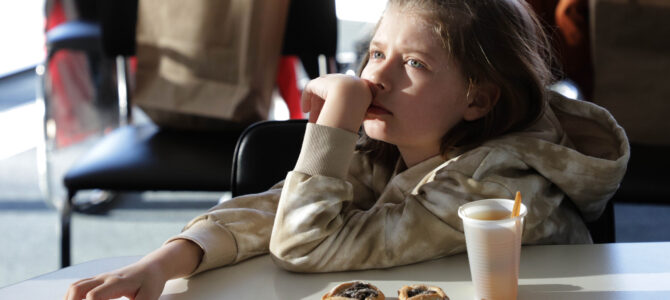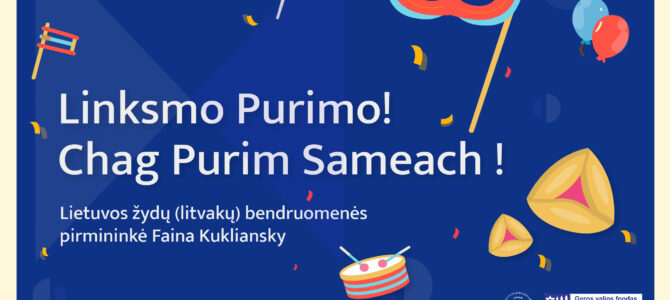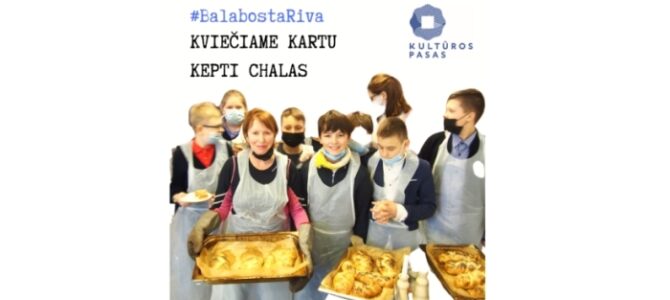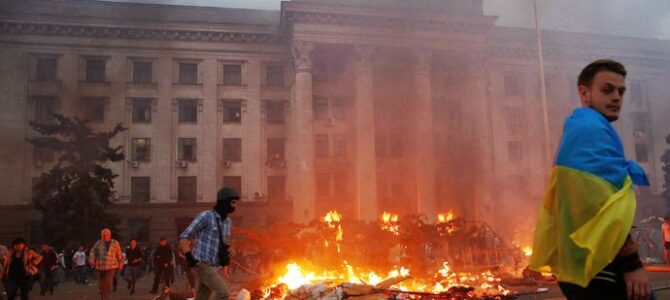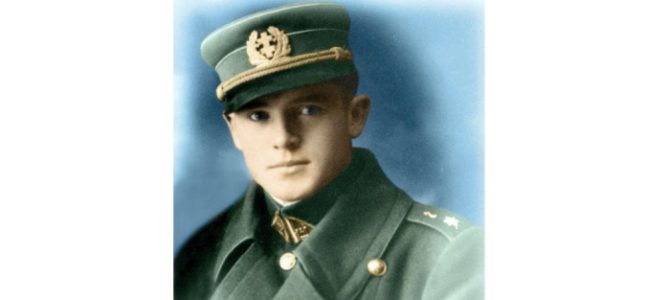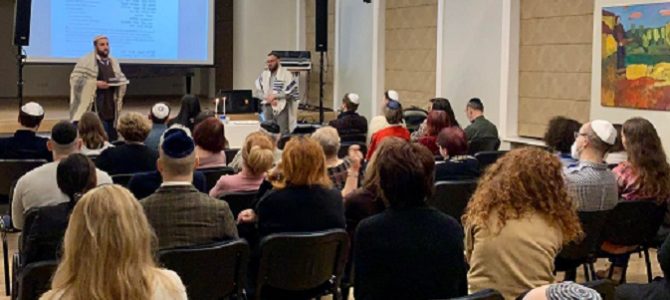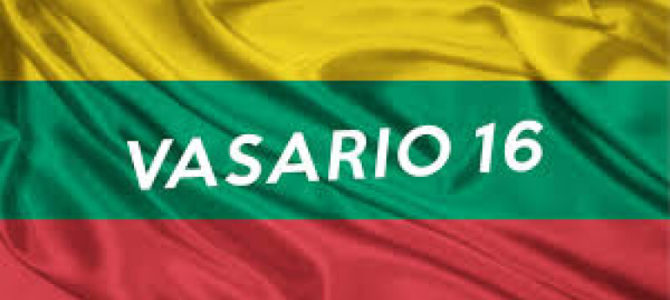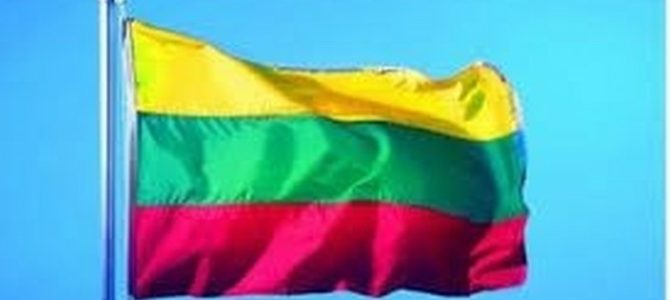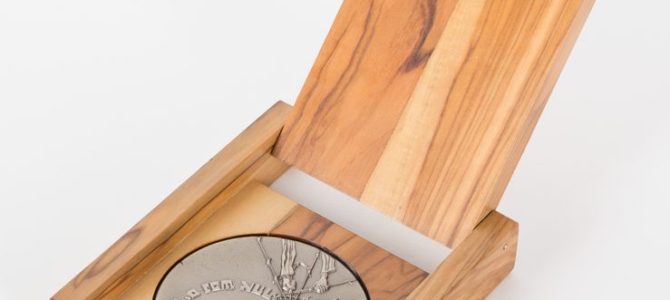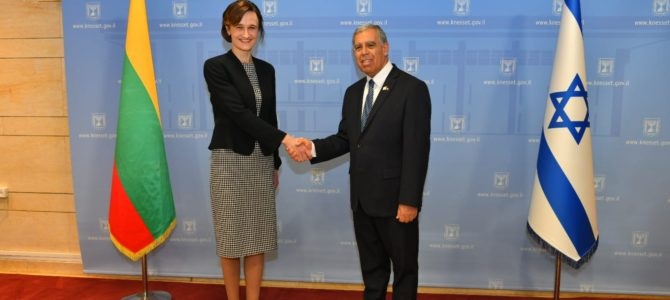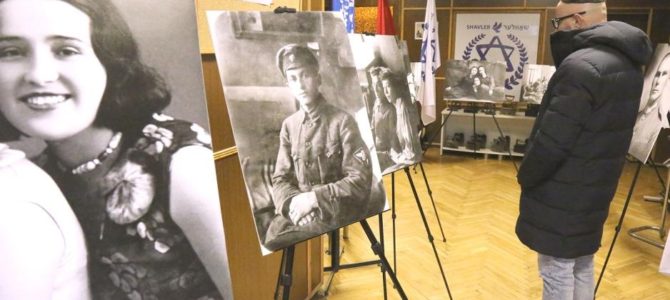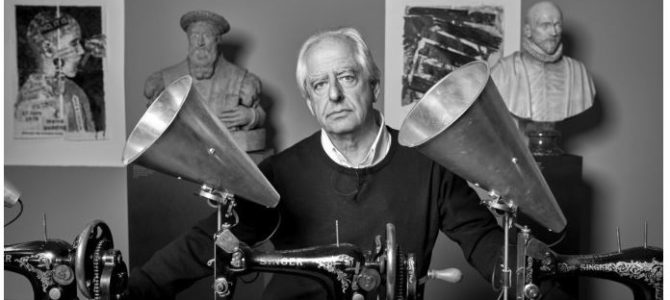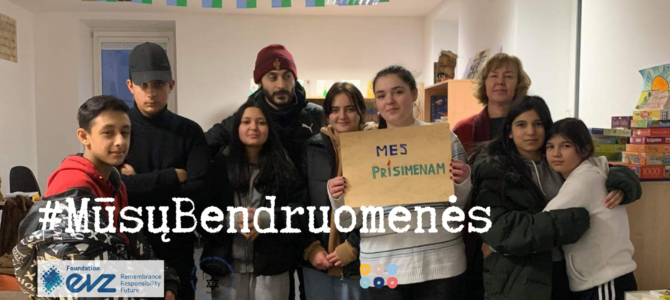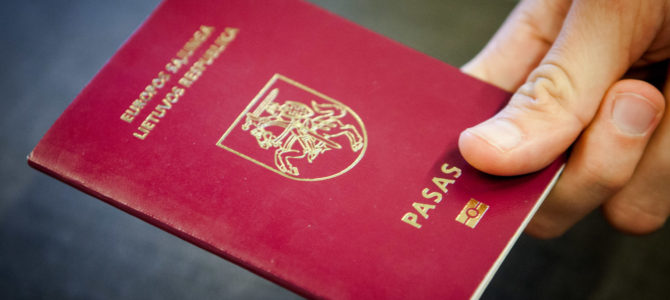The Lithuanian Jewish Community held an event to introduce refugees from Ukraine about the Jewish holiday Purim.
Lithuanian Jewish Community chairwoman Faina Kukliansky met with families who arrived a week ago from Ukraine and taught them the traditions of Purim, including Hamantashen, the pastry usually shared during this holiday.
“The story of Hamantashen pastry brings hope. And if you can kindle hope in people, you enrich yourself as well, and you can look at life in a different way. Jews know what it means to be a refugee. No one wanted to take us in, and we lived through horrific times. We cannot allow the children of today to have such sad eyes. We must extend a helping hand and inspire hope in them and their parents,” Faina Kukliansky said.


